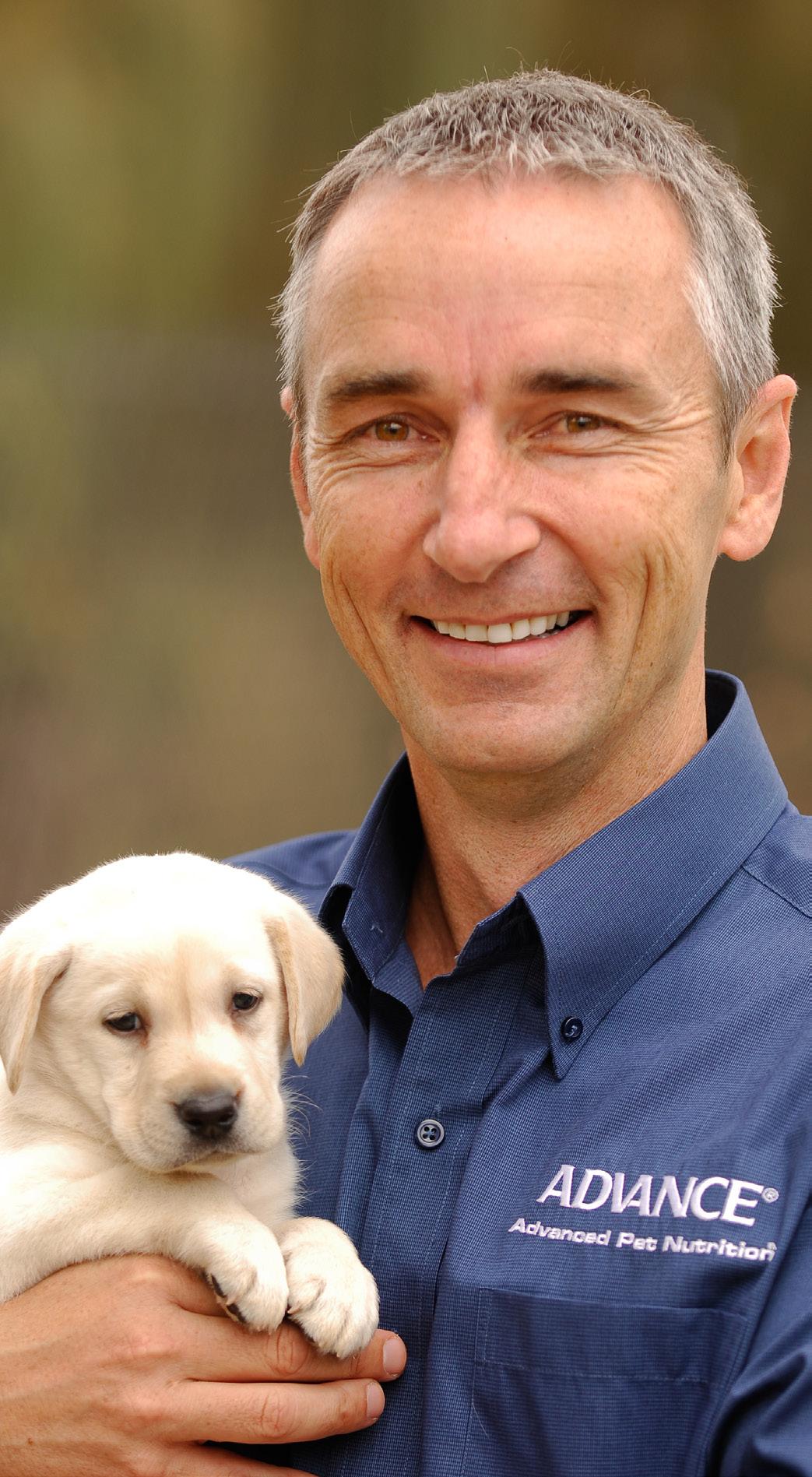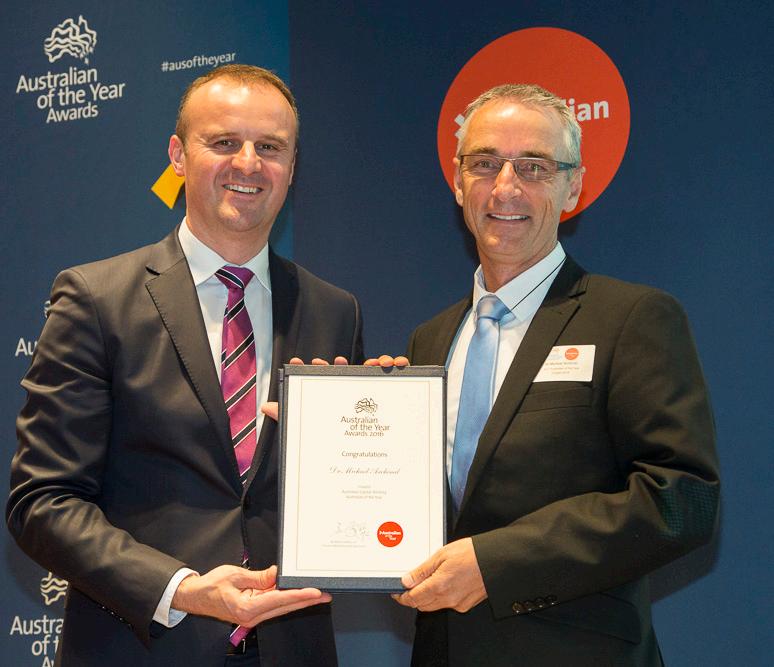
3 minute read
Animal Wisdom with Dr Michael Archinal

Dr Michael Archinal
With statistics showing that more than 60 percent of Australian households have pets, it’s clear that we’re an animal loving nation. However, most of us would probably agree that we still have plenty to learn about animals, the bond we can have with them and the best ways to interact with them. One man working hard to make a difference in this arena is experienced vet Dr. Michael Archinal, who has been in the field for more than three decades. Dr. Archinal has seen firsthand that humans can learn a lot from their animal friends and argues passionately around the country and world for responsible pet ownership, and a better understanding of humananimal relationships. We chatted with Dr. Archinal about his popular book, Animal Wisdom: Stories from an Australian vet on what animals can teach us about love, health and happiness, and some of the insights he has picked up over his long career.
Advertisement
Dr. Archinal, can you tell us what inspired your book, Animal Wisdom?
After 30 years in practice I kept seeing recurring patterns of things happening, and the increasing importance of the role of pets in our lives. I started to research the science behind the human-animal bond and found there were like-minded people and scientific organisations who were starting to publish robust science in this area.
At the time, I had a role on national television and was doing a lot of speaking internationally. I had a desire and passion to bring this information to everyone in an easily accessible form. Animal Wisdom developed from there.
What is one of the most common misconceptions people have about animals?
Without question one of the most common misconception is the idea of dominance behaviour in dogs (that is, that dogs acting aggressively are being dominant). This has been perpetuated by many socalled TV celebrities, most notably Caesar Milan, to the detriment of the very animals we are entrusted to care for. The perpetuation of this misconception often leads to catastrophic consequences.
The reality is that, while some dogs may occasionally exhibit true dominance aggression, this is rare. Most dogs who have what humans see as problems with aggression are actually anxious or afraid. They may also be in pain or otherwise irritable or defensive because of a medical condition. Furthermore, unwanted behaviour in dogs is often just normal canine behaviour; behaviour that the animal has not yet learnt doesn’t conform to human expectations. The types of confrontational styles of training which some people recommend, such as physically dominating dogs, is dangerous, ineffective, and actually results in damage to the bond pet owners have with their dogs. Anxious or fearful animals are much more likely to respond effectively to rewardbased training. This should be conducted under the supervision of a qualified animal behaviorist or a board-certified veterinary behaviorist.
What are some of the key ways in which animals make a positive difference to human lives?
The list is almost endless! It includes: - Lowering our blood pressure - Increasing social connectivity - Improving the quality of life for the elderly - Reducing allergies in our children The science behind these benefits is the focus of my book.

Dr Michael Archinal
What are some of the most unexpected beneficial consequences of human-animal relationships that you’ve noticed, that people often don’t realise occur?
The reduction of allergic disease in children is a big one. Also, the scientific establishment of emotions in pets; most notably that they can express love.
Is there a key takeaway from your book that you hope people get from reading it?
The takeaway really is that animals have so much to offer us, apart from companionship. We are only just scratching the surface of finding out all the ways they can help us.

Dr Michael Archinal



